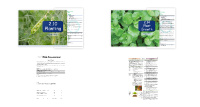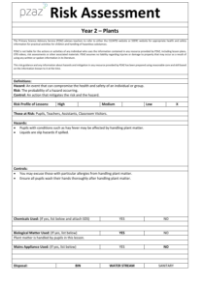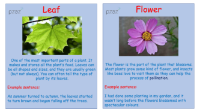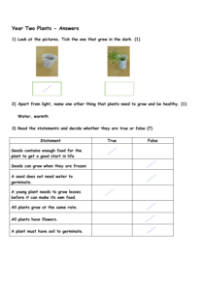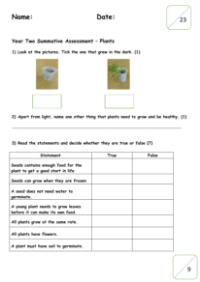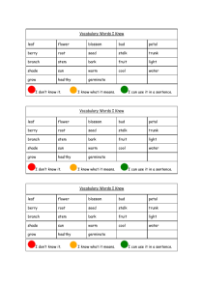Plants - Knowledge Organisers
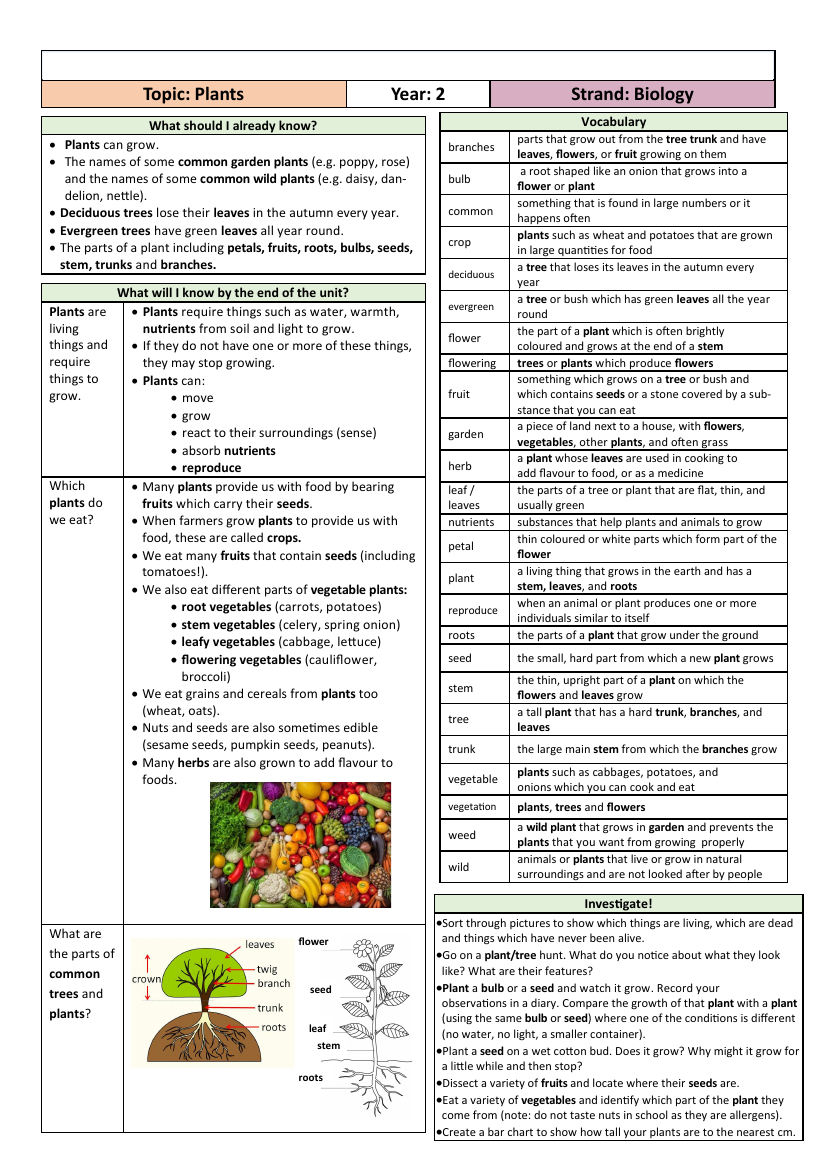
By the end of the unit on plants, students will understand that plants are living organisms that require specific conditions to thrive. Essential elements for plant growth include water, warmth, nutrients from the soil, and light. Without these, a plant's growth may be stunted or halted entirely. Plants are capable of several vital processes, such as movement, growth, reaction to stimuli, nutrient absorption, and reproduction. This unit also explores the various parts of plants we consume as food. Students will learn that fruits, often bearing seeds, along with different parts of vegetable plants like roots (e.g., carrots), stems (e.g., celery), leaves (e.g., lettuce), and flowers (e.g., broccoli), provide nourishment. Additionally, grains, cereals, nuts, seeds, and herbs are also part of the plant-based diet humans enjoy.
The unit delves into the structure of common trees and plants, building on the knowledge that students should already possess, such as the names of garden and wild plants and the distinction between deciduous and evergreen trees. Key vocabulary includes terms like 'bulb', 'crop', 'flower', 'fruit', and 'vegetable', among others. Students will engage in various investigative activities, such as sorting pictures to categorize living, dead, and non-living things, going on plant hunts, and observing the growth of plants under different conditions. They will also dissect fruits to find seeds, identify parts of vegetables they eat, and measure plant growth. The curriculum includes questions to assess understanding at the start and end of the unit, such as identifying the parts of the plant from which certain vegetables originate, the essential needs for plant growth, the processes of plant life, and the conditions that lead to the healthiest plant development.
